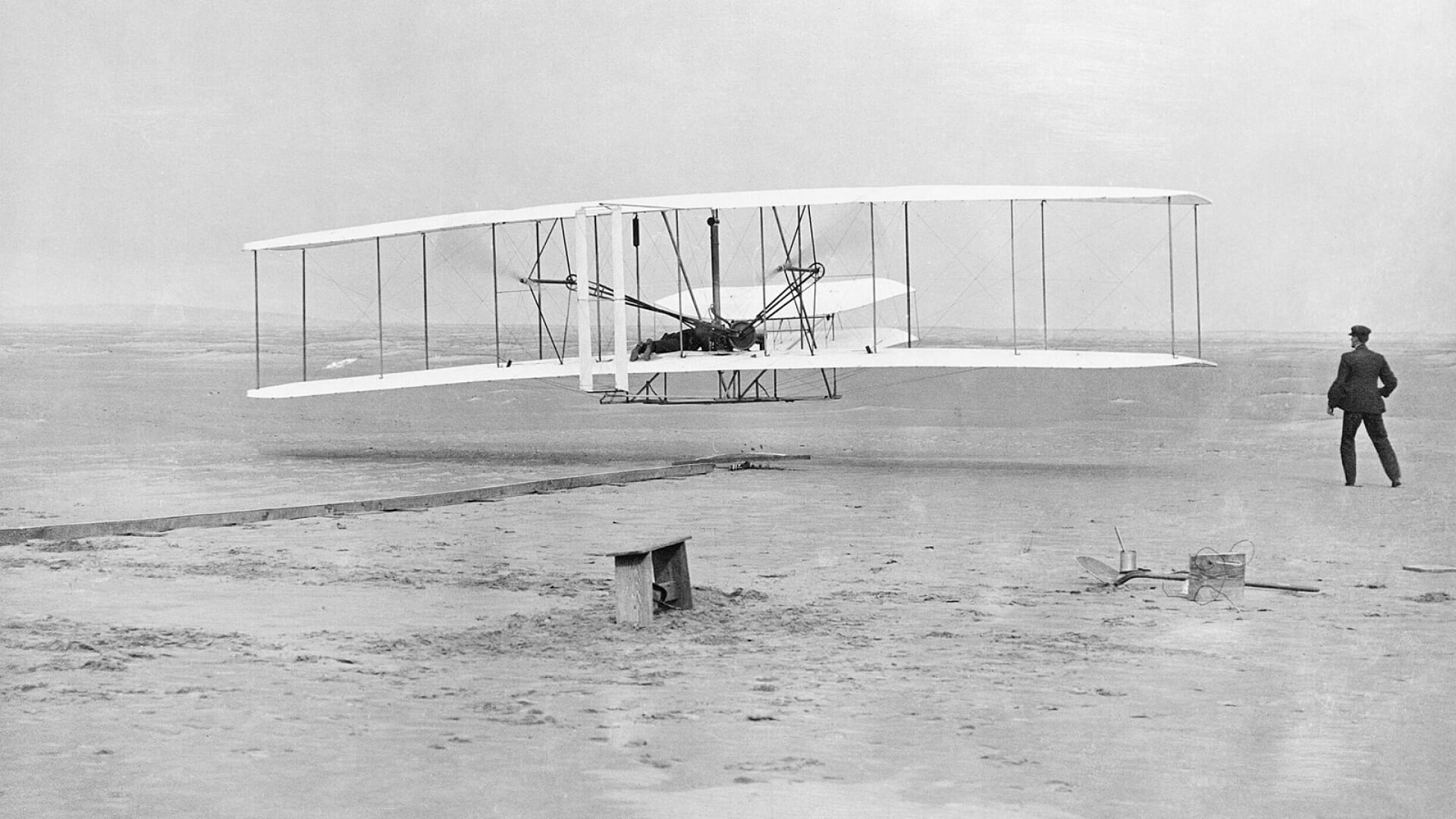November 11 is Veterans Day in the U.S. — a Federal and State holiday that honors all those who have served.
Veterans Day is also an educational opportunity to highlight the many contributions that veterans make to our communities, and to emphasize the skills that veterans offer private sector employers of all types — most especially early-stage companies.
In honor of Veterans Day, we asked a group of veterans among Boom employees to share their insights for employers — and advice for other veterans exploring careers at startups.
What do veterans bring to early stage companies?
Eric Dowty, Senior Software Engineer (U.S. Air Force Veteran): Honesty, work ethic, loyalty: veterans bring many intangible qualities, as well as real-world skills to employers. From a broad perspective, veterans are very good at project hand-offs and team transitions — this type of training is built into military life. Veterans in general don’t shy away from working through the hard things; they’re team players. As a veteran, you never know how you will use your military experience: you’re trained in leadership and teamwork, you’re familiar with change and transition, and you know how to learn and also how to teach. Veterans may be better positioned than they themselves (or potential employers) believe when it comes to taking on a new role at a startup.
Steve Graziano, Aircraft Technician (U.S. Army Veteran): Veterans bring a sense of teamwork to most situations, along with high levels of personal responsibility. We’re able to put the larger purpose above self interests. Making a difference is always on the mind of veterans.
Ed Sears, Facilities Manager (U.S. Marine Corps Veteran): Military life teaches you to keep going, not to give up when things don’t go your way.
Jeff Mabry, Chief Flight Test Engineer (U.S. Air Force Veteran): With early-stage companies, there is often a lack of the organizational structure or direction that may be challenging. This is a skill that many veterans have learned and that fits in very well in a startup environment. In the military, it is not uncommon to have to figure out what needs to be done to get the job accomplished — and then do it. An example would be showing up to some part of the world for a short notice deployment and having to establish operations from the ground up in a few weeks.
Tom Grindle, Crew Chief (U.S. Air Force Veteran): Having a military background is beneficial to most jobs as veterans have experience that few others have: they have experienced and learned chain of command, discipline, treating others fairly, camaraderie and other social interaction skills, which are critical to success in the workplace.
Dan Lederman, Quality Inspector (U.S. Marine Corps Veteran): Throughout my career, I have leaned heavily on the discipline and integrity the Marine Corps taught me. The little voice that keeps you honest when no one is looking? That’s a shouting drill instructor. Doing right gets easier the more you make yourself do it, even when it’s hard. It’s been my experience that the leadership model our military follows creates selfless leaders that steward responsibility. Like everything in life there are exceptions, but generally the leadership taught — in the service of our country — is a cost that the private sector doesn’t have to absorb. Not just the “in the door” cost of leadership training, but the price of poor management as well. I also feel that the experience of military training and deploying gives you the sense of “doing the impossible” as well as accomplishment as a team.
What aspects of early stage companies appeal to veterans?
Ed Sears, Facilities Manager (U.S. Marine Corps Veteran): Working at a startup allows us to use more than just our expert field; most people don’t understand the wide range of knowledge and experience the military gives you. Look at those that graduate from one of the service academies. Many have multiple degrees and four years of experience that most will never experience in a lifetime.
Eric Dowty, Senior Software Engineer (U.S. Air Force Veteran): Veterans thrive at Boom. This is a fast-moving early-stage company and the pace and dedication to our mission are both strong. In some ways, it corresponds to the sense of mission one has in the Air Force. What I like most about Boom is that there is nowhere else doing the same thing. We have the potential to make real-world change. We also have the potential to positively impact the lives of many people around the world.
Steve Graziano, Aircraft Technician (U.S. Army Veteran): While in service, veterans may have had their innovation squashed for no other reason than the hierarchy. But in the private sector, companies like Boom reward innovation and thinking outside the box.
Jeff Mabry, Chief Flight Test Engineer (U.S. Air Force Veteran): Working in the government or large organizations, people get used to a certain amount of inertia and approval process to get things done. In a small startup, organizational structures are sometimes very flat, and decisions need to be implemented quickly. For veterans, being able to make a decision, get approval, and execute in a short period of time is rewarding.
As a veteran, there is also an opportunity to see shortfalls in processes and procedures that you may have significant experience with (or even just indirect experience). You have the ability to significantly shape how an early-stage organization works and make it better.
It’s no secret that veterans offer private sector employers a wide range of hard and soft skills — and the sky’s the limit for what veterans can bring to early-stage companies.
For more resources about veteran employment, a good place to start is the U.S. Department of Labor. Click here for information for employers and here for information for veterans.
Interested in working at Boom? Explore our Careers page to learn more about building the supersonic future.







